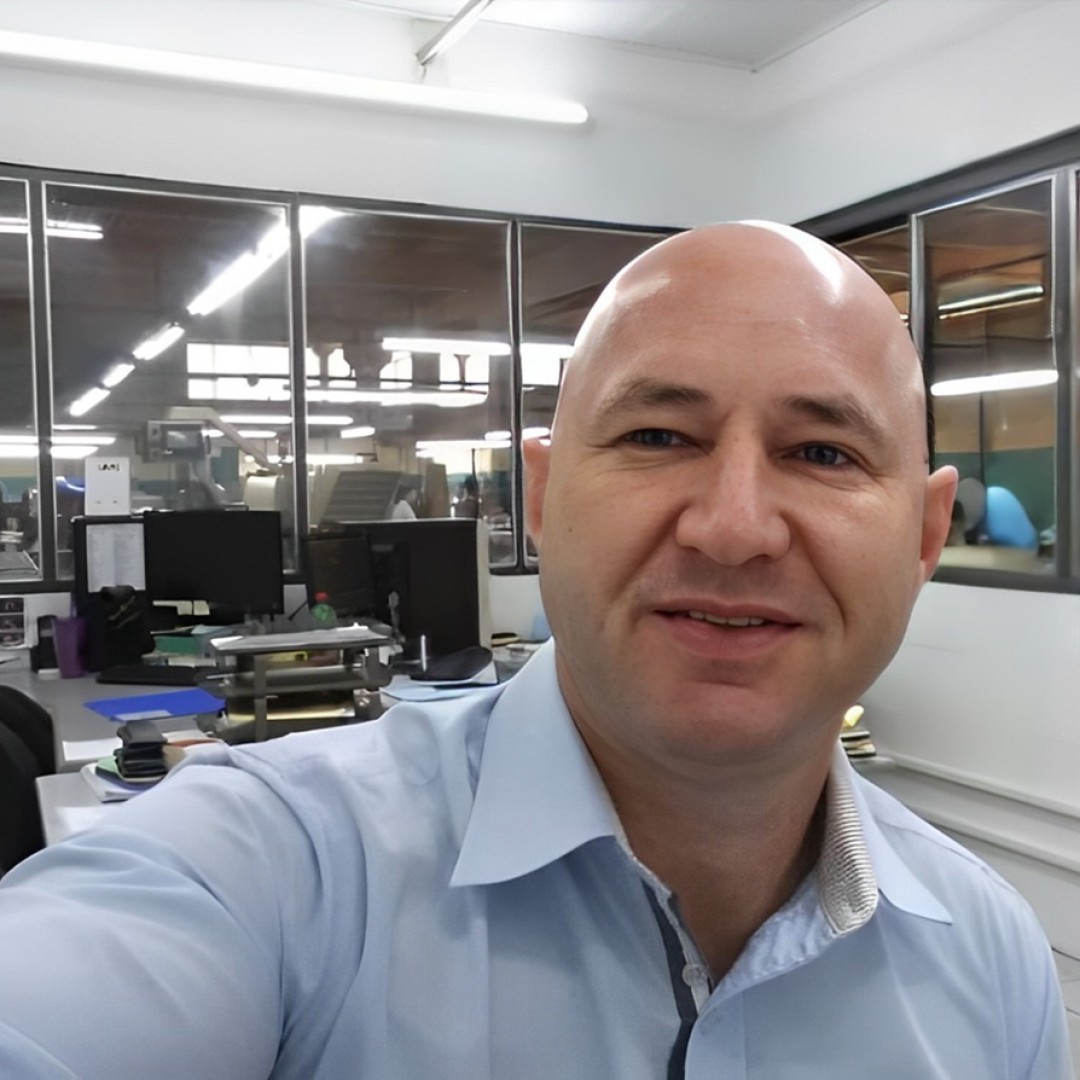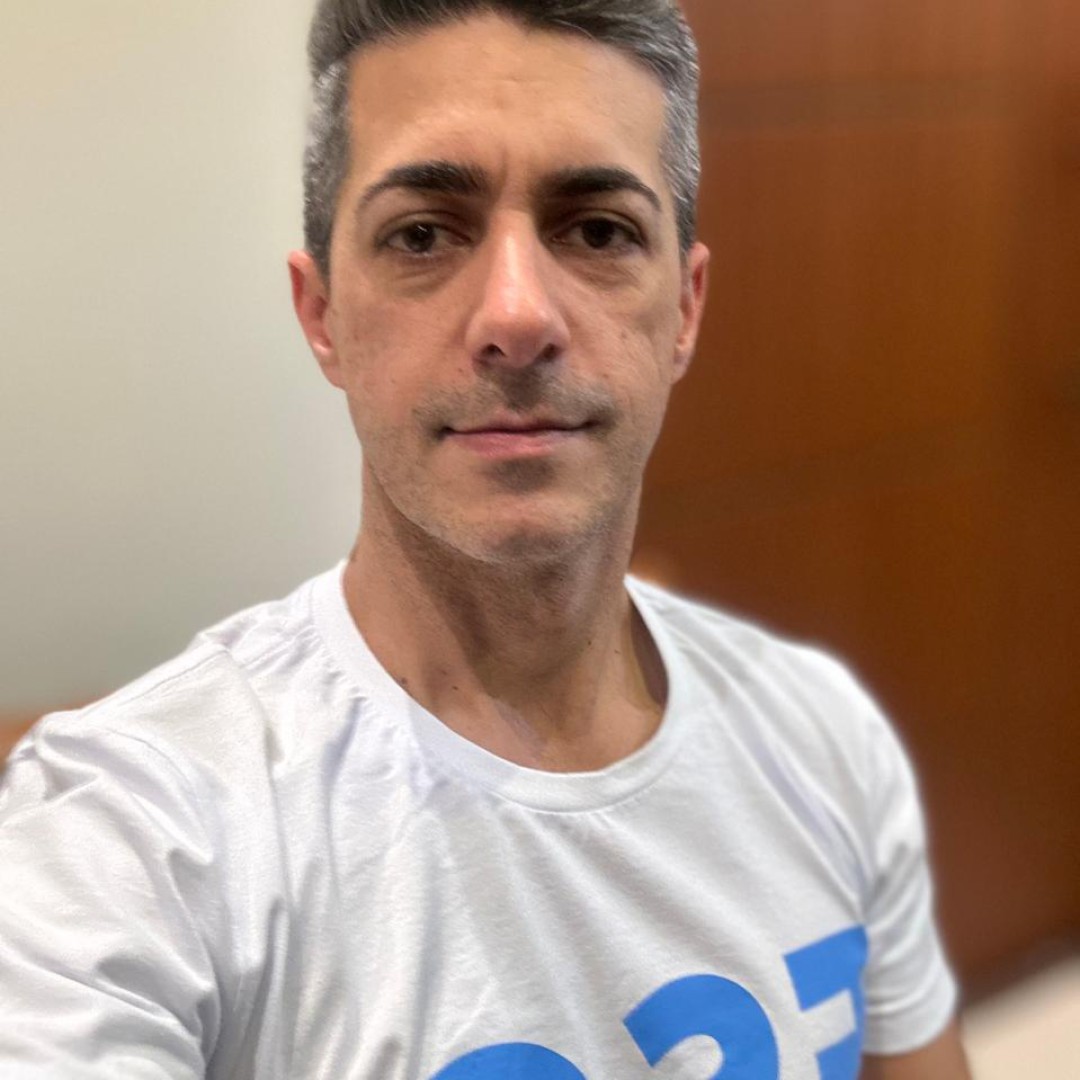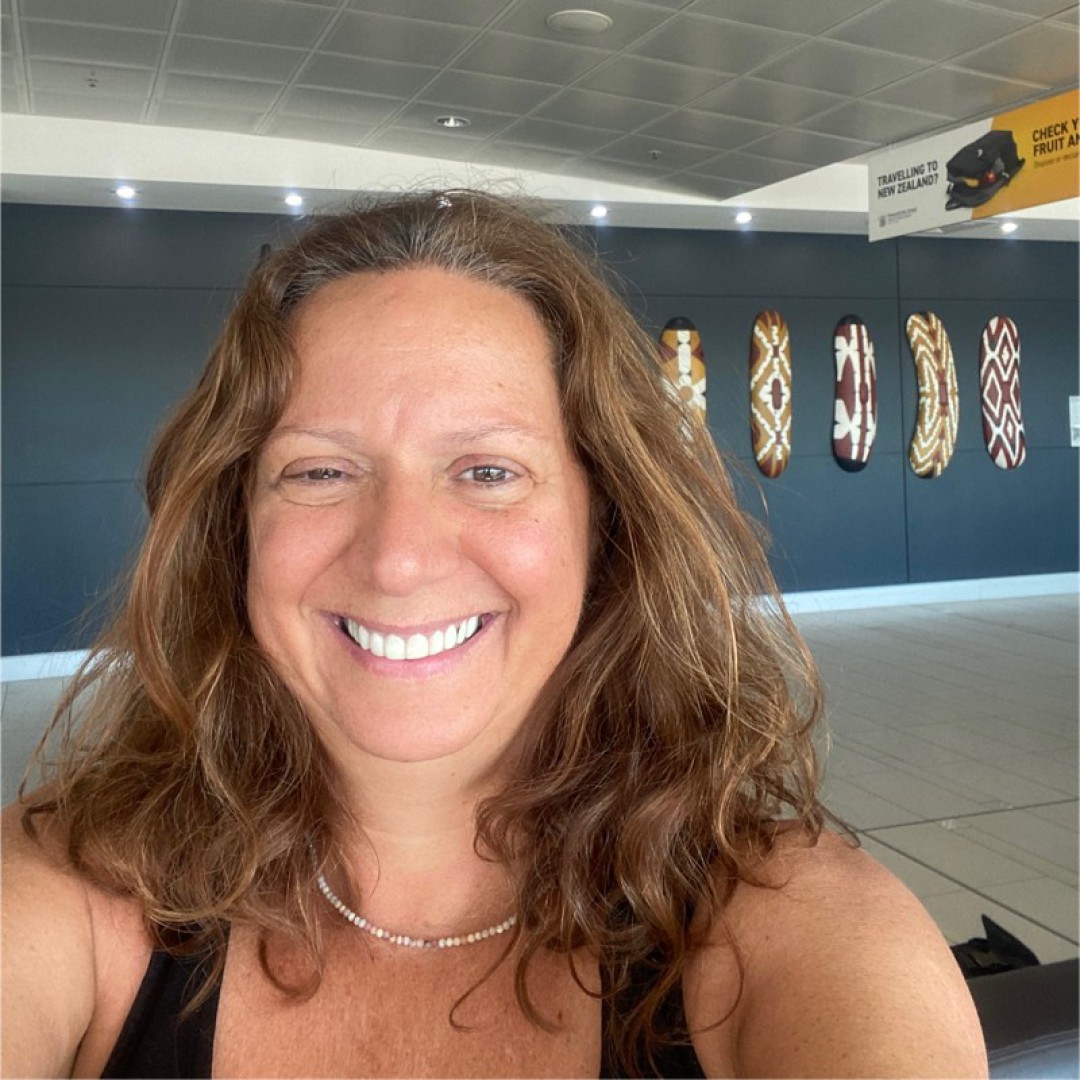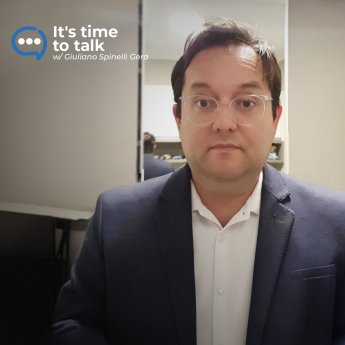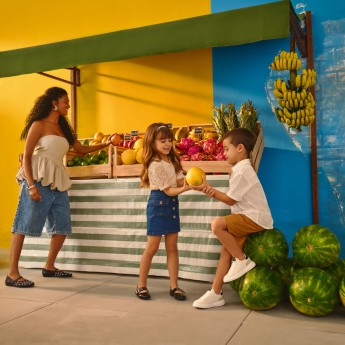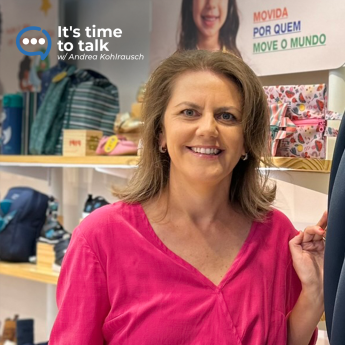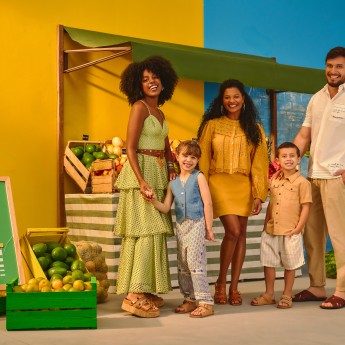ESG practices advance in the Brazilian footwear sector
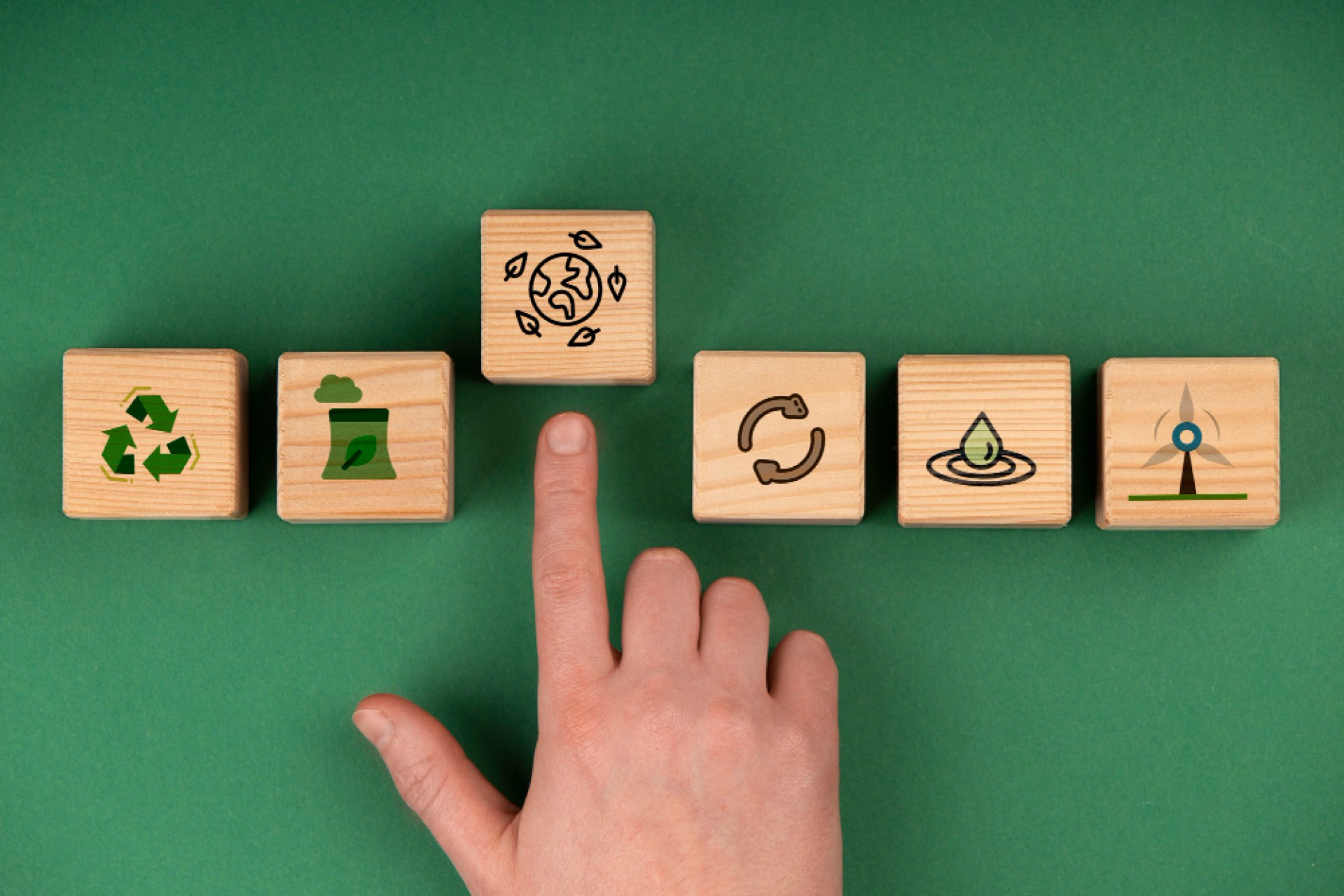
2024-07-29 | By Brazilian Footwear
In accordance with an international market trend, of searching for more sustainable companies and products, the Brazilian footwear industry has been advancing in the area. In other words, as cliché as it may be, sustainability is a path with no return for players who want to stay competitive in an increasingly crowded scenario.
To monitor the progress of these practices in the footwear sector, Abicalçados conducts an annual survey with companies in the activity. In 2023, according to the study in the Sector Report - Footwear Industry, advances and bottlenecks were found that still need improvement with regard to ESG - Environmental, Social and Governance - practices.
It was seeking to certify and encourage the adoption of these practices that Abicalçados, in partnership with the Brazilian Association of Companies of Components for Leather, Footwear and Artifacts (Assintecal), created the Sustainable Origin program, the only initiative in the world to certify companies in the area of sustainability. “In an increasingly competitive market, especially with Asian manufacturers, the disclosure of actions in accordance with human rights and environmental preservation have become a competitiveness tool”, highlights the CEO of Abicalçados, Haroldo Ferreira, stressing that the Asian industry is still little advanced in ESG practices. "The three largest Asian players, China, Vietnam and Indonesia, for example, have not ratified important conventions related to working hours, wages or social policies,” he adds.
In the social area, the difference between Asian producers and the Brazilian footwear industry is illustrated by the ratification of the conventions of the International Labor Organization (ILO), UN agency that aims to promote decent work worldwide. Of the organization's 191 conventions, Brazil has ratified 98, while China has ratified 28, Vietnam 25 and Indonesia only 20. “Among the main footwear producers in the world, we have the industry most concerned about the environment and best social practices,” concludes Ferreira. In a ranking of 192 ILO countries, Brazil occupies the 11th position among the countries with the most ratifications of conventions. China ranks only 125th, Vietnam 143rd and Indonesia 152nd.
